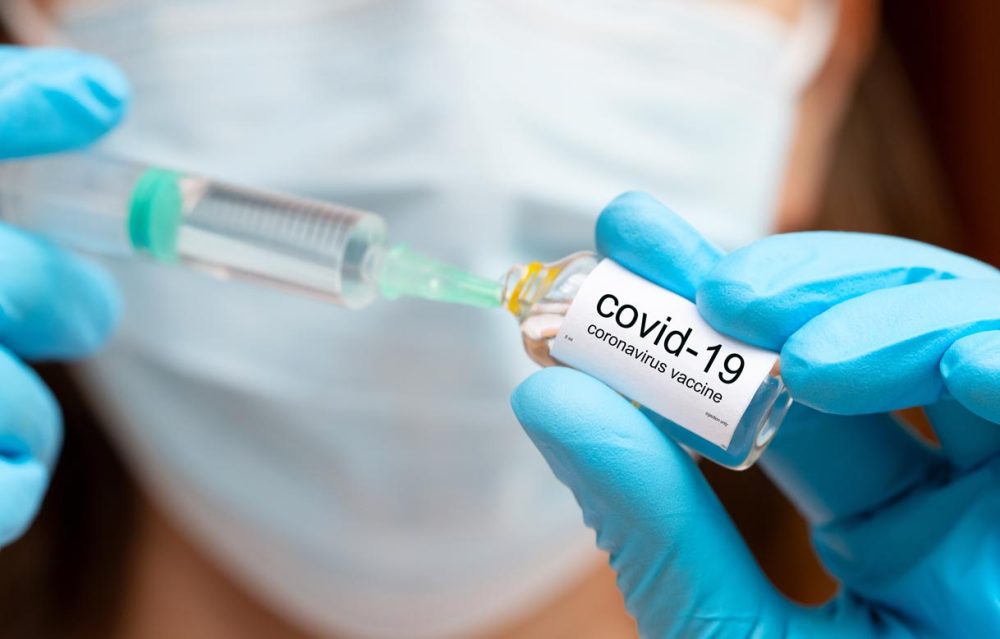Advertisment
MS not associated with COVID-19 relapse after vaccination

People with multiple sclerosis (MS) do not appear to be at an increased risk of relapse after COVID-19 vaccination, researchers reported on August 14, 2024 in Neurology.
“People with MS have an increased risk of severe COVID infection due to their level of motor disability or exposure to treatments that suppress their immune systems,” said study author Xavier Moisset, MD, PhD, of Clermont Auvergne University in Clermont-Ferrand, France. “Some previous studies have found relapses following vaccination, leading some people to not seek the recommended booster doses. The good news is that our study found that there was no increased risk of relapse after COVID-19 vaccination for nearly all participants.”
The investigators conducted a nationwide study using data from the French National Health Data System. They gathered data on 124,545 people. These subjects had been living with MS for an average of 14 years.
The investigators followed the subjects for 45 days after vaccination, since vaccine-related relapse usually happens within 28 days after vaccination.
Of these subjects, 102,524, or 82%, received at least one dose of a COVID-19 vaccine; 95% received a second dose and 59% received an additional booster dose.
After adjusting for other factors that might affect a relapse, the researchers found that COVID-19 vaccination did not raise the risk of relapse. This finding remained the same after each dose.
The researchers also compared people who had relapses to those who did not, and they found no increased risk of relapse associated with vaccine exposure.
“Our findings are reassuring that these vaccines can be used without any worry about the risk of relapse,” Moisset said. “The absence of such a risk is encouraging for people with MS that they may receive booster shots when needed, especially if booster shots are to be repeated in the future.”
Moisset added, “Particular caution is needed for patients with the highest inflammatory activity, who should first receive disease-modifying treatment before their booster vaccination. People who were untreated and those with a highly active disease showed a small increased risk after the third vaccine dose. The risk was highest if both factors were combined.”
The authors concluded, There is no increased risk of relapse requiring corticosteroid therapy after COVID-19 vaccination for almost all patients. We cannot exclude an increased risk after the booster dose for patients who have had at least 2 relapses in the previous 2 years.”





